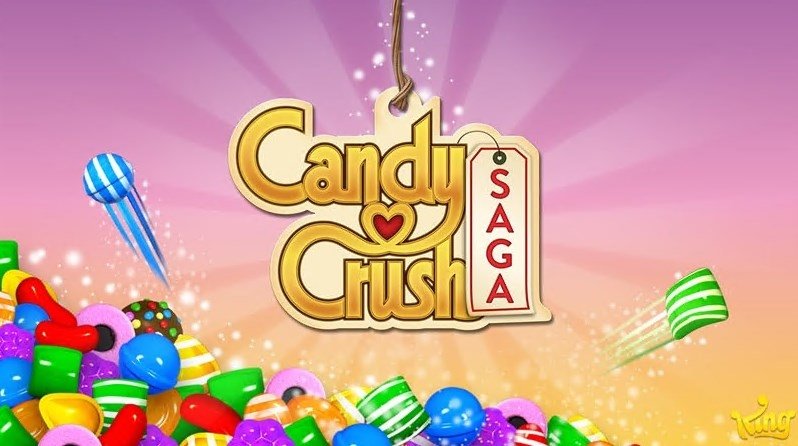
She also warns against applying low-quality labels that easily scruff on a rack, which can ruin the winery's image in more ways than one. It is set in common time and includes four basic chords D, A, G, Em, and a barre chord, Bm. It is terribly difficult for retailers to shelve the bottles without ruining the wrapping. No matter the weight of the bottles, Zachareas stressed that its best producers refrain from wrapping bottles in paper. Dethklok - Crush the Industry Real Gamer Hours 2.12K subscribers 2.2M views 10 years ago The complete version of Crush the Industry from the upcoming Dethalbum III. Yet Zachareas conceded there are consumers who perceive wine in a heavy bottle as higher quality, so they will spend more for that traditional packaging. In that CreativeFeed survey mentioned above, fifty-one percent of women between ages 21-24 said organic or sustainably produced bottles are important to their wine purchases, which indicates a preference for lighter bottles. Zachareas concurs the success of cans notwithstanding, she prefers a delicate, light wine bottle with a beautiful-preferably white, definitely not black-label. Peter resorts to selling Meg to Mort Goldman to pay off his pharmacy tab Stewie falls in love with his babysitter. can during a half hour ferry ride across San Francisco Bay. She mentioned the convenience of a 375 ml.


People take the cans to concerts, ballgames, and on outings. The survey and the CEO's comment combined seem to say that it's best to offer something new that is produced and processed sustainably without going wild with the labels, even though a scan of many retail shelves gives the opposite impression.įisch also said that he believes the reason the Botaīox does so well in his stores is that it gives the appearance of a handcrafted, organic package.ĭebbie Zachareas believes in wine in a can. Fisch also cited a comment by CreativeFeed’s CEO, Arthur Ceria, who apparently said Millennials seek new wines, and they are interested in environmental sustainability. Speaking of labels, in a CreativeFeed survey, forty-six percent of consumers said they find “traditional, classic and sophisticated” wine labels appealing. /d/dethklok/crushtheindustryguitarpro.htm. The technology around canning of foods, pet foods, paint, oil, chemicals has evolved over time to include ring pulls, stay on tabs, screw tops, recyclable.

Fisch also said that where the vineyards are located matters to millennials, yet many marketers continue to offer products developed in city office buildings (an informed consumer knows that phrases on a wine label like “vinted and bottled by” and “cellared and bottled by” may indicate a lack of authenticity). In other words, they don't want gimmicks they want wine from passionate winemakers. Fisch said that instead of celebrity names and weird brand names, millennial wine buyers seek "authenticity". Gary Fisch focused on Millennials, the group whose 75.4 million members surpasses a declining Baby Boomer population-the two groups account for the majority of wine sold in the U.S.


 0 kommentar(er)
0 kommentar(er)
